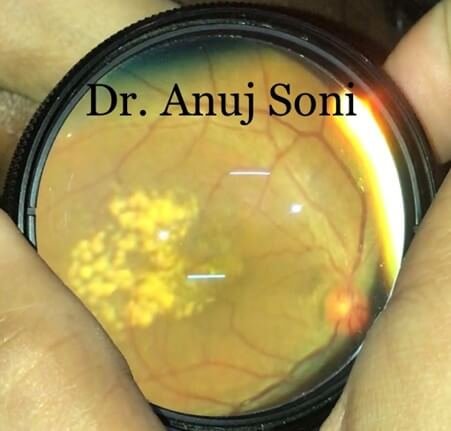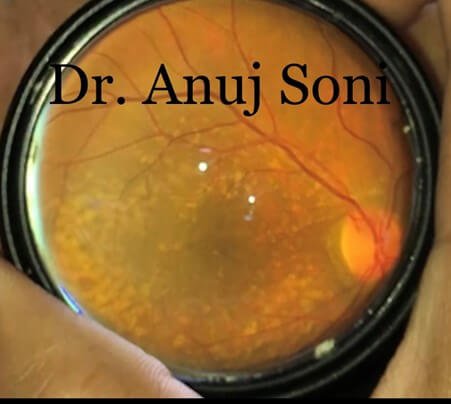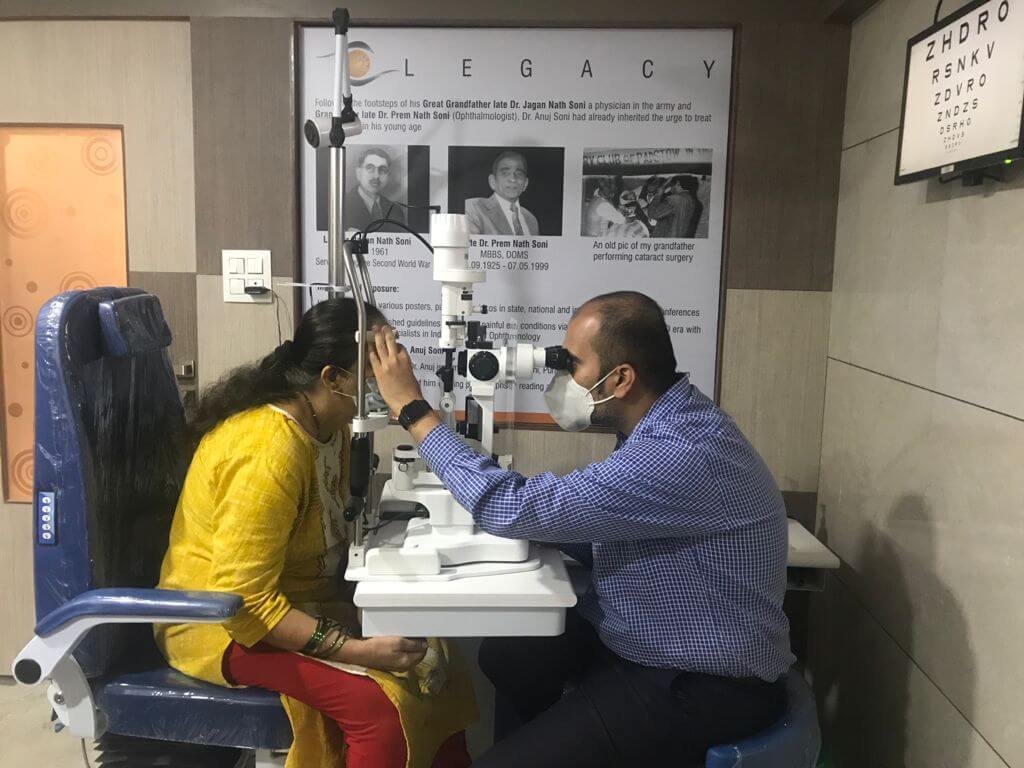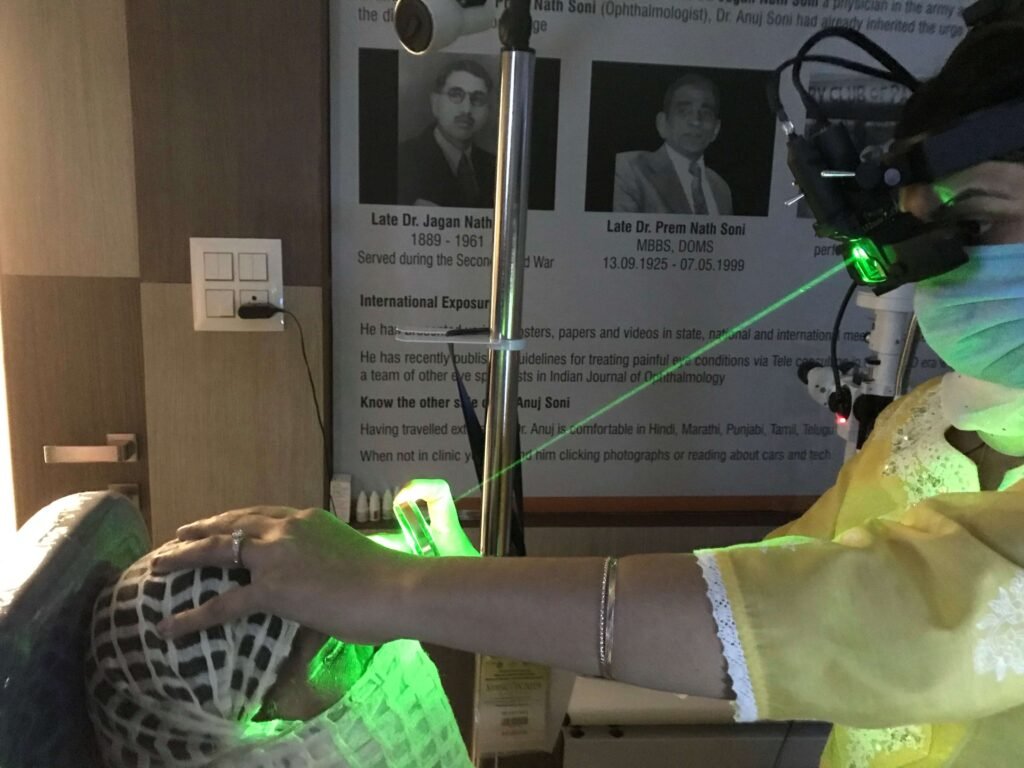Understanding Age Related Macular Degeneration (ARMD)
Macular degeneration, often referred to as ARMD (Age-Related Macular Degeneration), is a prevalent eye condition primarily affecting aging individuals. This degenerative disease targets the macular region of the retina, leading to vision loss over time.
Symptoms and Signs of Macular Degeneration (ARMD)
Common symptoms of ARMD include decreased or distorted vision, difficulty in reading small letters especially on mobile devices, perception of distorted lines, challenges in recognizing faces, and observing dark areas or halos in the central visual field. Color perception may also be affected, making it difficult to differentiate between shades.

Pathophysiology of ARMD
In ARMD, the retina is marked by the presence of yellow-white deposits known as drusen, which consist of aging-related cellular debris. Over time, these drusen coalesce, leading to retinal damage and reduced oxygen supply. Consequently, the formation of new blood vessels occurs, resulting in swelling and bleeding within the retina, ultimately causing macular hemorrhage and edema, further contributing to vision loss.
Types of ARMD
ARMD is categorized into Dry and Wet types. Dry ARMD primarily manifests with drusen and geographic atrophy of the retina, whereas Wet ARMD involves swelling and hemorrhage in the macula in addition to drusen and geographic atrophy.

Diagnosis of Macular Degeneration (ARMD)
- Fundus Examination: A comprehensive examination by a retina specialist can detect early signs of ARMD, including drusen, as well as indications of Wet ARMD such as macular edema and submacular hemorrhage.
- OCT (Optical Coherence Tomography): This quick and accurate imaging test reveals various stages of ARMD and aids in monitoring treatment response.
- Fundus Angiography: Utilizing dye injection, this test provides insights into the reason behind retinal bleeding and takes only 10-15 minutes to complete.
Risk Factors of ARMD
- Aging
- Smoking
- Cataract Surgery
- Family History
- Hypertension
- Increased weight
- Poor diet
- Diabetes
Treatment Options for ARMD
- Dry ARMD: Treatment involves a specific formula of antioxidants, minerals, and vitamins based on the AREDS study. Intravitreal injections like Intravitreal pegcetacoplan and Izervay may also be beneficial.
- Wet ARMD: Intravitreal Anti-VEGF Injections are the primary treatment, which may require repeated administrations for persistent swelling or bleeding.
Commonly used injections include Avastin, Zaltrap, Ranibizumab, among others. Costs of intravitreal injections vary depending on location and specific medication.
Prevention of ARMD
Regular retina check-ups after the age of 50, avoidance of smoking, and maintaining a balanced diet are key preventive measures against ARMD.
Finding Treatment in Mumbai
For individuals seeking treatment in Mumbai, Dr. Anuj Soni, a renowned retina and uvea specialist, operates at Soni Eye Care Centers located in Mulund West Panch Rasta and Thane at Pokhran Road 2 Jagdale. Appointments can be scheduled by contacting the provided number, ensuring access to the best retina check-up services without the hassle of extensive searches.
Tags: macular degeneration, age related macular degeneration, AMRD


